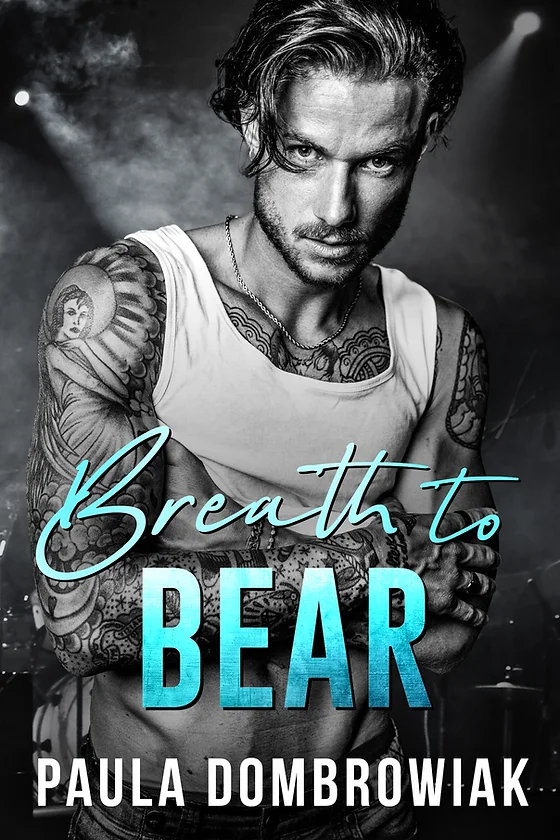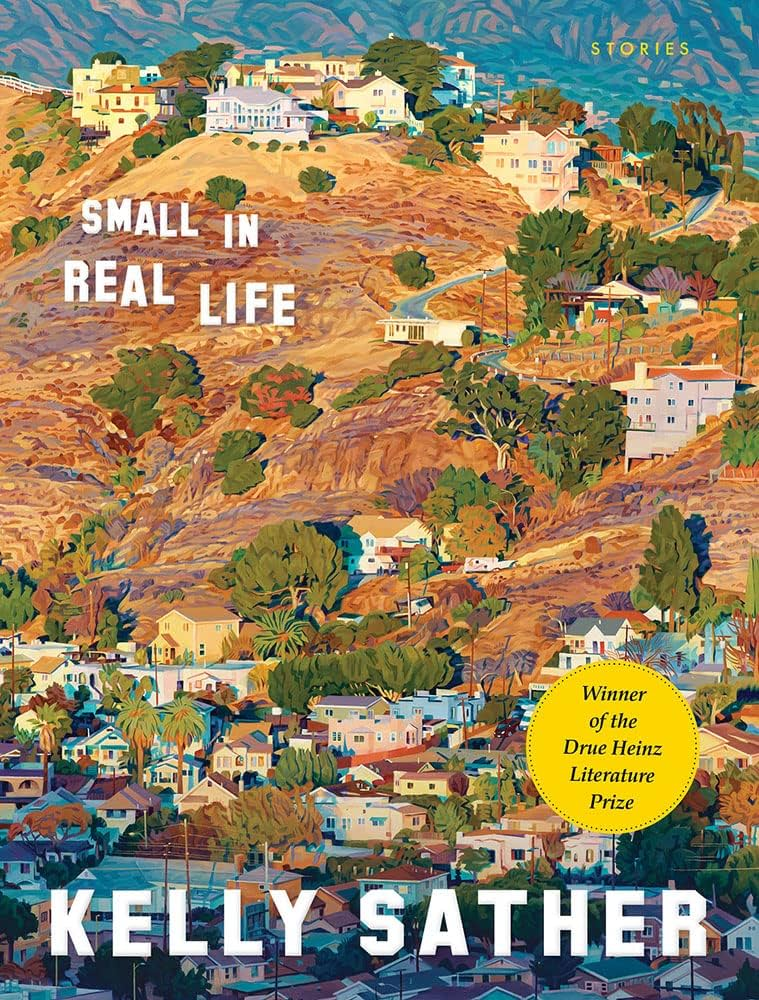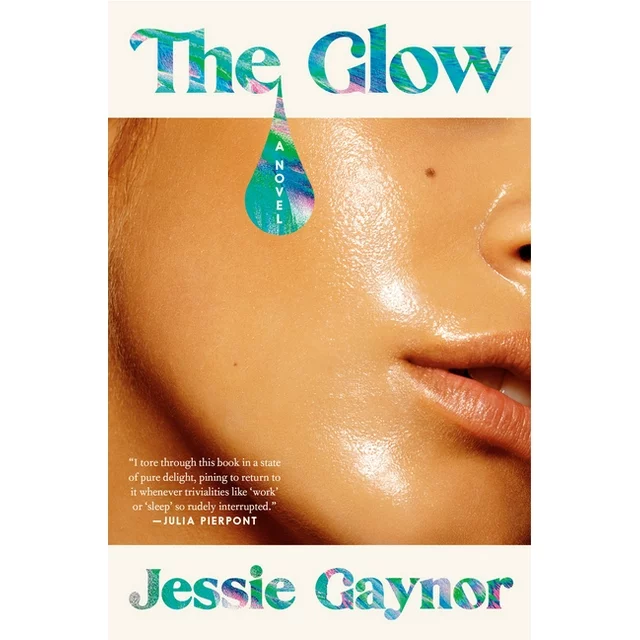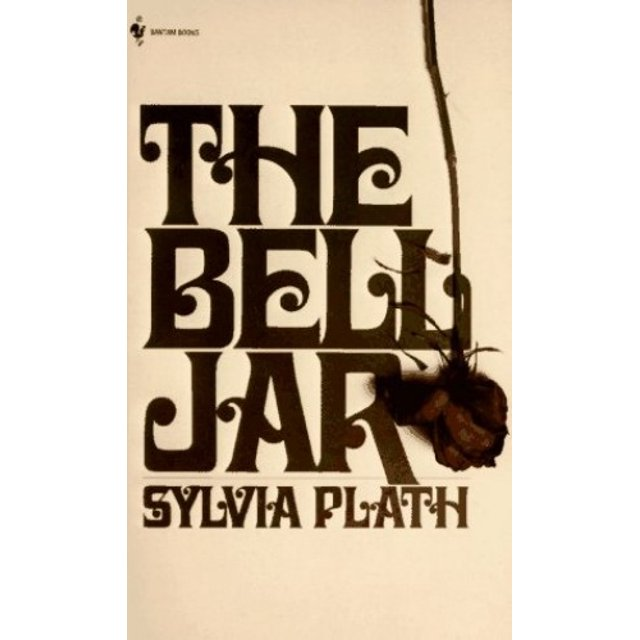In Paula Dombrowiak’s rock and roll novel Blood and Bone we were introduced to rock musician Jack O’Donnell. Haunted by his past, Jack was still tormented by the death of his bandmate, Mia Stone, a woman Jack regarded as his soulmate. Jack was trying to revive his tattered career and deal with a rather messy relationship with his ex-wife Amber and their daughter, Hayley, a budding musician herself.
And then there was music journalist Erin Langford. At the end of Blood and Bone, Jack and Erin had embarked on a relationship as she got to know more about him and help him with his memoir. But this professional relationship couldn’t help but grow into something quite more romantic. The chemistry between Erin and Jack was electric, and the sex white hot. But was their relationship just a memory of entangled bedsheets and limbs? Or was Erin a promise of love and happiness for Jack? Or would Jack screw things up and cast Erin aside like a used up condom?
Now Jack and Erin, and so many others introduced in Blood and Bone are back in Paula Dombrowiak’s latest installment Breath to Bear. And everyone has quite the story to tell in this crazy rock and roll ride.
As Breath to Bear begins, Jack’s memoir, which he wrote with Erin’s help, has been released. Writing this memoir was an act of laying bare, opening a vein, and bleeding all over the page. Jack is brutally honest about the life he has lived, and how it has lead him this point in time. There is no sugar-coating in Jack’s memoir. And now Jack is dealing with the aftermath of releasing such a blunt tale of his life that may freak out his fans, and ruffle the feathers of those closest to him.
Writing this memoir was cathartic, but Jack isn’t exactly in the best state of mind. As mentioned, he’s still tormented by the memory of Mia. His old band, Mogo, busted up ages ago, and Jack is trying to get his solo career started. If only, he wasn’t dealing with a vicious case of writer’s block. Will the musical muse ever visit him again? Sobriety continues to be a challenge for Jack. His ex, Amber, has announced she’s getting remarried, and his daughter, Hayley, now has a musical career of his own. Being all too aware of the missteps a young person can make in the world of music, Jack has his worries.
And then there is Erin, the woman who helped him string his past and his words into creating his best-selling memoir. When they met, Jack thought Erin was just another irritating journalist, and Erin thought Jack was just another has-been musician. But they connected so much writing the memoir, finding layers and layers beneath both of their surfaces, and yes, the electricity between them was smoking hot. But Erin didn’t want to be just another notch on Jack’s bedpost. And Jack was giving her the time to figure things out.
As mentioned, Jack is trying to finish an album he was originally going to do with Mia. And he’s waiting for the muse to help him writes songs and record them in the studio. His relationship with former bandmates is fractured, and the music business sees him as very damaged goods. And though Jack’s memoir is a huge best-seller, he feels like he exposed too much. But Jack feels it in his bones that he must get his revive his stalled career or else.
Erin was thrilled to get the chance to help Jack write his memoir. However, she didn’t expect to sleep with him and possible fall in love with him, too. Feeling like her journalistic integrity is a bit in tatters, Erin leaves her regular music magazine writing gig and goes freelance. She also hopes to figure out what she and Jack have.
Jack and Erin’s relationship is confusing at best. Jack is a parade of red flags. One of them is his obsession with Mia. How can Erin compete with Jack’s alleged soulmate even if she’s now a ghost? Erin tries to keep Jack at arms length (not always an easy thing to do) and focus on her career as a writer.
Jack tries to revitalize his splintered musical career, make amends with his former bandmates, come to terms with Amber’s impending nuptials, and encourage Haley on her music career. He also can’t stop thinking about Erin. Could he be falling in love with her? As for Erin, she decides to take a road trip, visit various towns, check out their music scenes, and write about them. While on her trip, she befriends a talented budding photographer, Sasha, and Sasha joins her on this road trip.
During this time, Erin acts as a mentor and big sister to Sasha. And it’s wonderful to see two women connect rather than seeing backstabbing and catty behavior. And Jack finds out Hayley has been assaulted by some sleazy toad in the music industry, and deals with this piece of shit in the way you’d expect Jack to act. But you can’t blame him for wanting to protect Hayley. The music business is treacherous.
As Breath to Bear reaches its conclusion, it looks like Jack might get his career back on track and Erin just might be the true blue love he’s been searching for, but it takes a lot of soul-searching to reach this point. Will Jack release an album that goes platinum? Will Erin’s writing career flourish now that she’s freelance? Will Jack and Erin end up at the Chapel of Love? Only time will tell.
Dombrowiak has written another richly detailed and gripping tale. Sure, she covers the usual tropes of sex, drugs, and rock and roll, but Breath to Bear also covers family, friends, redemption, and renewal, issues so many of us faced even though the closest we’ve gotten to the music biz is our Spotify lists. Dombrowiak definitely knows her stuff when it comes to the world of rock and roll, and she builds characters that are complex and enthralling. Breath to Bear is a worthy successor to Blood and Bone.










